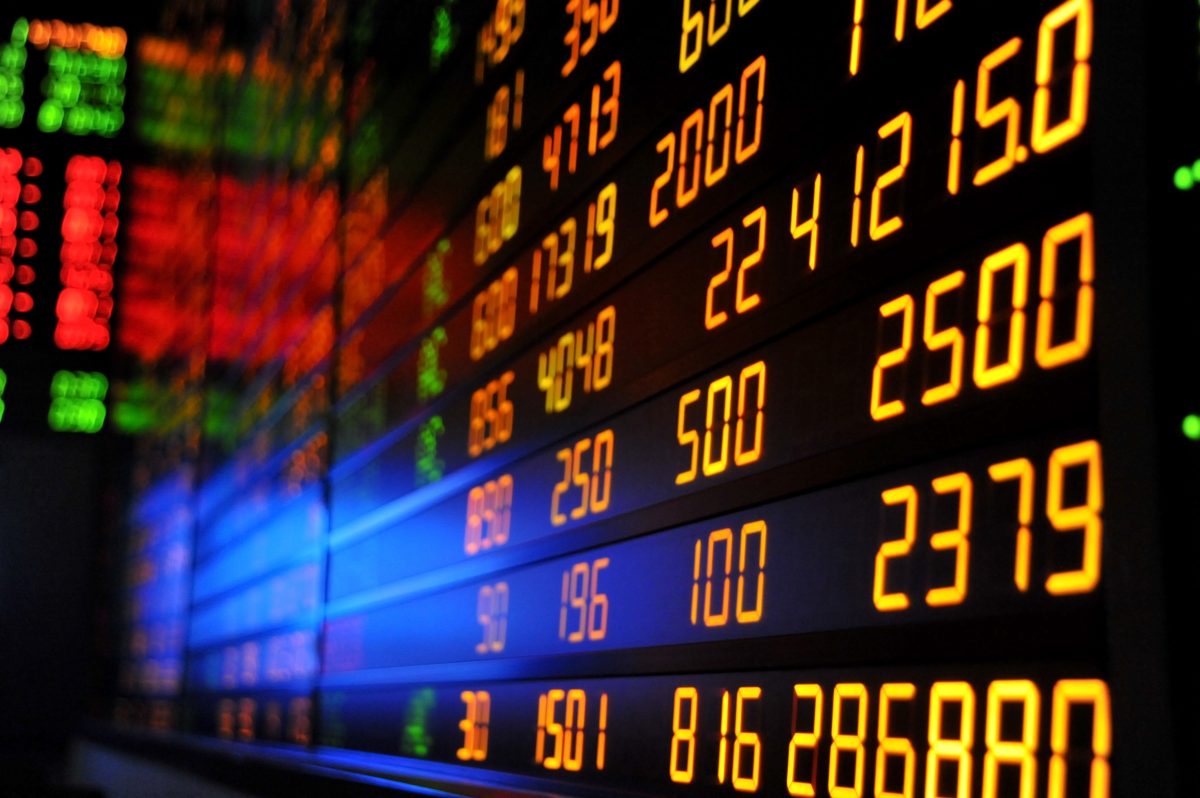Asian shares perk up after US Senate passes budget plan

TOKYO (Reuters) - Asian shares shrugged off early sluggishness and gained on Friday, and the dollar rose after the US Senate approved a budget blueprint for the 2018 fiscal year that will pave the way for Republicans to pursue a tax-cut package without Democratic support.
By a 51-to-49 vote, the Republican-controlled Senate voted for the budget measure late on Thursday, which would add up to $1.5 trillion to the federal deficit over the next decade in order to pay for proposed tax cuts.
MSCI’s broadest index of Asia-Pacific shares outside Japan, which scaled a 10-year peak on Tuesday, was up 0.3 percent, but still down slightly for the week.
US stock futures SPc1 were up 0.4 percent, and the benchmark 10-year Treasury yield rose to 2.346 percent from its US close of 2.321 percent on Thursday.
Shares in New Zealand were flat after 13 gaining sessions, after the nationalist New Zealand First Party agreed to form a new government with the center-left Labour Party following weeks of political negotiations, ending the center-right National Party's decade in power.
The New Zealand dollar skidded 0.7 percent to $0.6980 after a 1.7 percent fall on Thursday, its largest daily fall since June 2016.
Japan's Nikkei erased its earlier losses and inched 0.1 percent higher, on track for a robust weekly gain of 1.5 percent. The Nikkei logged its 13th winning session on Thursday, its longest such streak since 1988. A 14th gaining day would give it its longest string of rises since 1961.
US stocks were almost flat on Thursday, with Apple Inc falling 2.4 percent on signs of weak demand for the iPhone 8 that caused analysts and investors to question the company’s staggered release strategy for its latest phones.
The dollar buckled and US bond yields dipped on Thursday after a report that President Donald Trump was leaning toward Jerome Powell as the next chair of the Federal Reserve.
Powell is the most dovish among three other Republican candidates. The current chair, Janet Yellen, a Democrat who is seen as a policy dove, is also on Trump’s short list, though few investors expect Trump to nominate a Democrat to the job.
“Clarity about the Fed nomination would be positive for the dollar,” said Masafumi Yamamoto, chief forex strategist at Mizuho Securities.
The dollar index, which tracks the greenback against a basket of six major rivals, rose 0.2 percent to 93.446, up 0.4 for the week.
The dollar jumped 0.6 percent to 113.19 yen, on track to gain 1.2 percent for the week, as investors awaited Sunday's Japanese general election.
Japanese Prime Minister Shinzo Abe’s ruling bloc is expected to secure a roughly two-thirds majority in Sunday’s general election.
That kind of result would not have a big impact on the yen,” said Yamamoto, “but it is important to see whether or not the [ruling Liberal Democratic Party] considers it a victory for Abe or not, and it’s difficult to say where the threshold for that might be.”
The euro EUR= was 0.3 percent lower at $1.1816, moving back toward this week's low of $1.1730.
In Europe, shares notched their largest drop in two months on concerns over political upheaval in Spain and after disappointing results from large companies such as Unilever, France’s Publicis and Germany’s Kion.
Spain’s central government said on Thursday it would suspend Catalonia’s autonomy and impose direct rule after the region’s leader threatened to go ahead with a formal declaration of independence if Madrid refused to hold talks.
Crude oil prices firmed after shedding more than 1 percent on Thursday, breaking four days of gains, pressured by larger-than-expected product inventories in the United States and profit-taking after a recent run-up in markets. Brent crude was up 1 cent at $57.24 a barrel, while US crude added 7 cents to $51.36.







